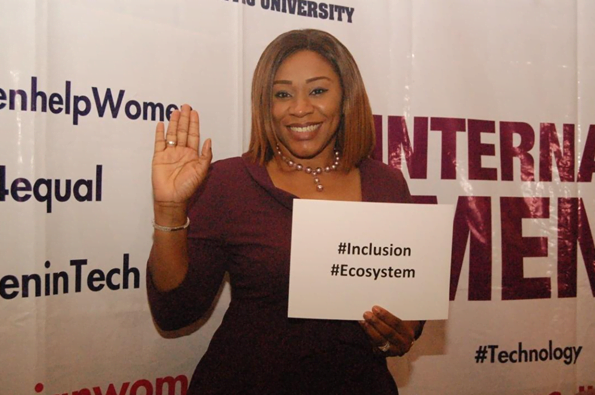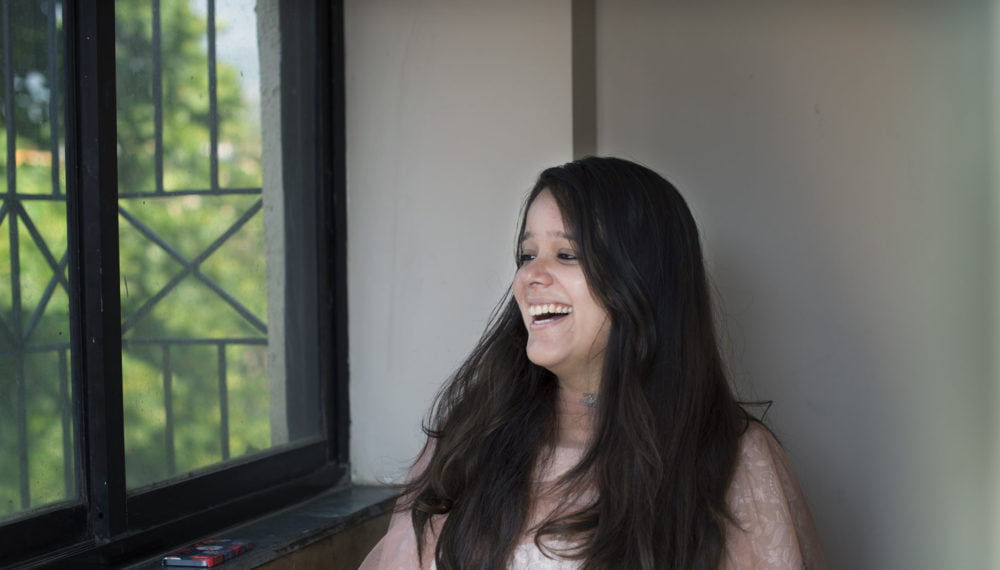My first five months at the Foundation were buzzing, busy and inspiring. One of the most inspiring part of my role has been working closely with the Enterprise Development Centre, the Foundation’s programme partner in Nigeria, and Shireen Motara, coach and advocacy expert in South Africa, to develop and deliver our inaugural leadership, influencing and advocacy training ‘Women Entrepreneurs Influencing Change’ with women entrepreneurs in Nigeria.
There are many reasons why the Foundation is now undertaking advocacy work. According to our Annual Audit survey, a whopping 92% of entrepreneurs responded that they would like more knowledge about their rights as business owners. This is far from the first feedback the Foundation has received from the women entrepreneurs we support about their desire to learn more about how to tackle the structural barriers undermining their economic empowerment.
Advocacy also remains an essential tool to achieve long term changes in the ‘entrepreneurial ecosystem’ – a term describing the web of interconnecting organisations, institutions, processes and practices which form the space for businesses to operate. While our other programmes address the effect of gender inequality in entrepreneurship by working directly with entrepreneurs, advocacy is a particularly critical tool to address more underlying and structural root causes of gender inequality, such as discriminatory laws, policies and practices.
Our new training, which was delivered in February and March, equipped women entrepreneurs in Nigeria with skills and ideas to enable them to influence their communities and business environments, and create positive change. I was delighted to celebrate the training’s success by virtually joining around 100 women entrepreneurs who gathered both in-person in Lagos and online on International Women’s Day in March, where we heard from women’s rights advocates and recognised the achievement of the women who had completed the training.

When women entrepreneurs are able to advocate for themselves and shape their communities and entrepreneurial ecosystems, this can lead to sustainable change not only for the advocates themselves but for women entrepreneurs in their communities and more widely.
Pressing for change
We play an active role in engaging in high-level advocacy and influencing work to promote women’s economic empowerment and to close gender gap in entrepreneurship. Why? Because empowering women economically – including empowering women to fulfil their entrepreneurial potential – is a critical human rights issue and a matter of gender justice.


